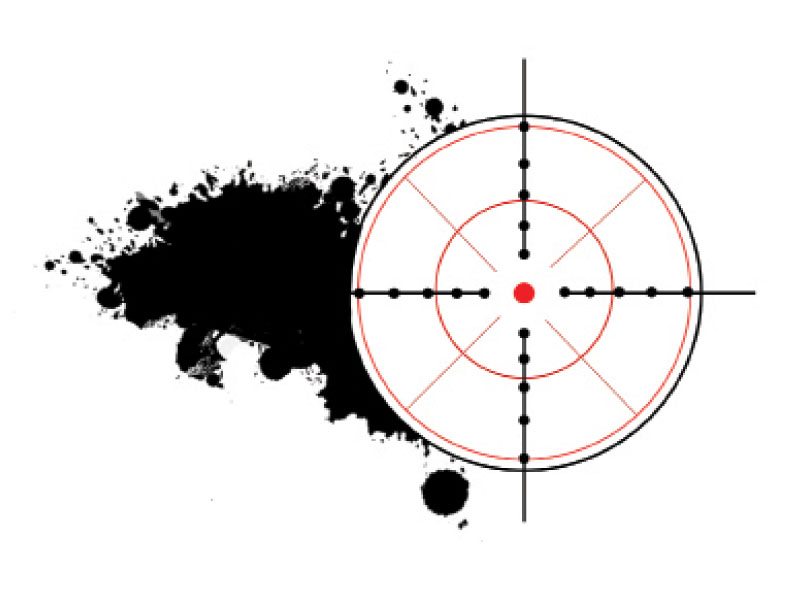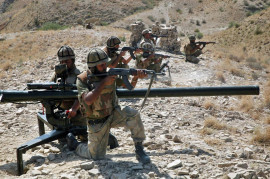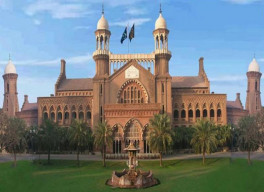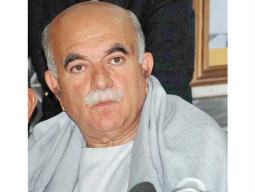
Pakistan must clear any confusion among citizens in its fight against insurgents and also provide them with day-to-day security as failure in this case may make the narrative weak and uncertain.
Third-party involvement is present in all insurgencies in South Asia, but once the state addresses the issues internally, those parties will stop intervening.
Moeed Yousaf, director of South Asia programmes at the United States Institute of Peace, was talking about his book ‘Insurgency and Counterinsurgency in South Asia: Through a Peacebuilding Lens’ at the Institute of Strategic Studies Islamabad. The book is a compilation of case study on insurgencies and counter insurgencies in India, Pakistan, Nepal and Sri Lanka written several authors.
According to Yusuf, the case studies provide important lessons on the dynamics of each conflict while collectively offering insights into how and why insurgencies occur and transform, as well as how they can be prevented or resolved.
The talk honed in on policy-relevant conclusions pertinent to the peace-building field. He also highlighted the opportunities and constraints in applying peace-building approaches across the conflict curve, identifying recommendations for the belligerents as well as for peace builders.
“The narratives of political Islam and state-society disconnect are complicating the case for state,” he said.
He remarked that confusion about countering the insurgency reaches the level that even people directly related to the job are unsure.
To clear the confusion, he suggested, the state must improve the criminal justice system, defend its citizens and invest in liberal-thinking clerics. “The state seems somewhat successful in the last case,” he said.
He offered the example of Sri Lanka, explaining that in the last three years, conspiracy theories and pessimism was abound, but the result were clear. The benchmark for Pakistani state should not be to fight to survive but to become a ‘normal’ functioning state. “The state has to fulfil its side of the social contract.”
Replying to a question about the Protection of Pakistan Ordinance he said he met law enforcement officials who claim the current infrastructure cannot work.
“But we have seen whenever state was bestowed upon such powers they have used it with impunity,” he added.
In the end he suggested there is a need to prioritise the list of goals. He said poverty and injustice are not excuses for people to join insurgents. “Even those who say ‘first address the injustice and them go after the insurgency’ is not the point. Deprivation and injustices may be a part of people’s grievances, but they are not primary factors,” he added. Even the state, he argued, can address injustices in a much better way after winning over the insurgents.
Published in The Express Tribune, June 27th, 2014.










































COMMENTS
Comments are moderated and generally will be posted if they are on-topic and not abusive.
For more information, please see our Comments FAQ